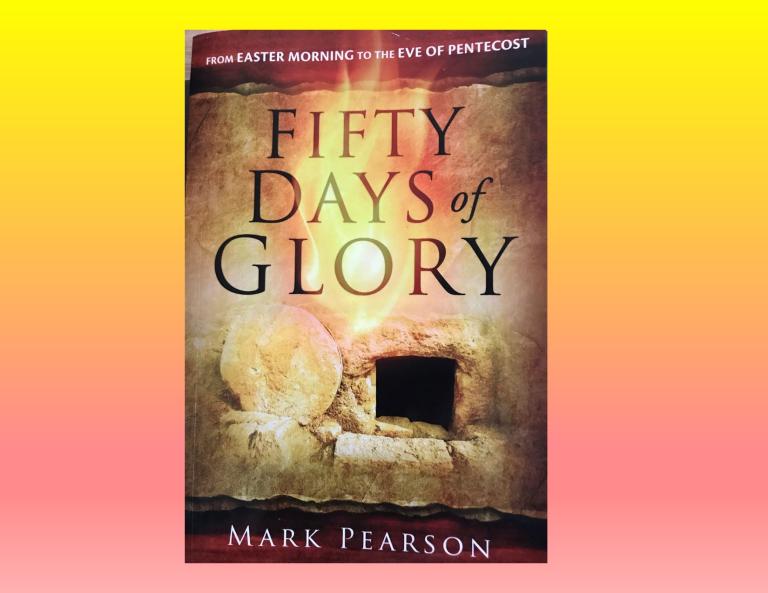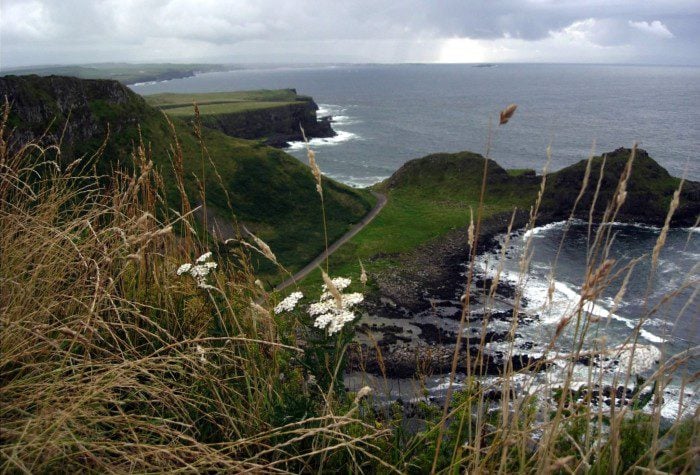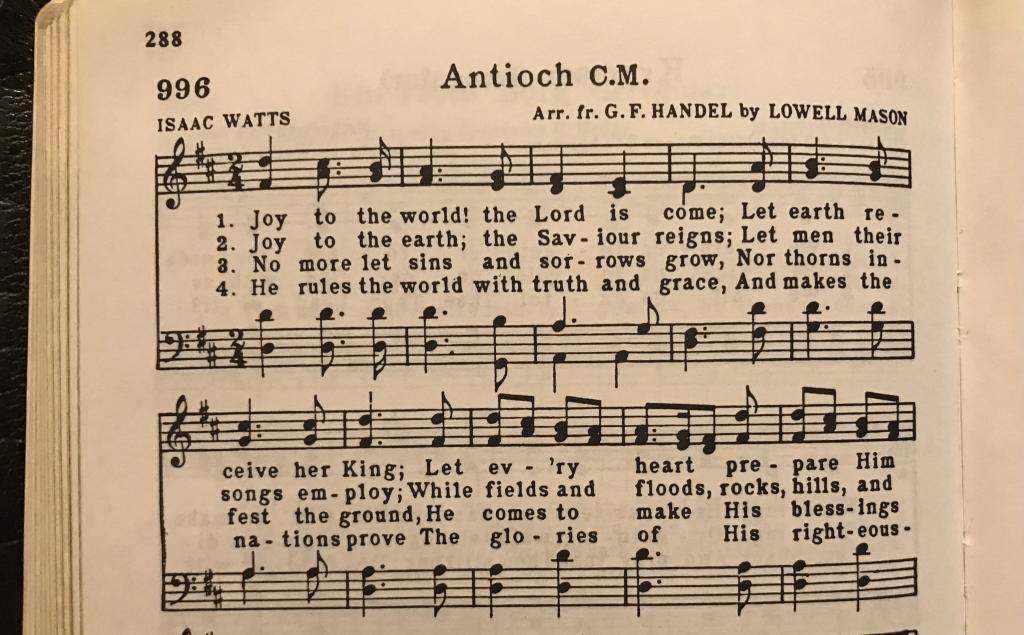Fifty Days of Glory: From Easter Morning to the Eve of Pentecost, by Mark Pearson (Creation House, 2014)
I’m re-reading my friend the Rev. Dr. Mark Pearson’s wonderful book Fifty Days of Glory. In this book Fr. Mark explores the days between Jesus’ Resurrection and the coming of the Holy Spirit on Pentecost. Growing up as a non-liturgical Christian (in the accepted sense — every denomination has their own liturgy whether they call it that or not!) I didn’t give much thought to what is known as the Fifty Days of Glory. Easter was the big bang! Christ is risen from the dead! And, not being a charismatic or Pentecostal believer back then, Pentecost was acknowledged but not deeply celebrated. What happened in between, and what significance does it have? Quite a bit!
This past Thursday, May 26, was Ascension Day. Fr. Mark devotes two chapters of his book to the Ascension of the Lord. Most churches that observe the Ascension do so on the Sunday following and don’t have an actual service on Ascension Day. So we’ve actually have time to reflect on the meaning of Christ’s Ascension in the next day, in preparation for entering more fully and comprehendingly into praise and worship of Jesus’ glorious departure.
Chapter ten of Fr. Mark’s book is “Rescuing and Defending the Celebration of the Ascension.” He notes that most churches are closed on Ascension Day, or may have a service with a handful of people. Even more shocking to me was to read that you “won’t find a reference to Ascension Day in Eerdman’s Handbook to the History of Christianity or even a footnote in Williston Walker’s A History of the Christian Church.”
We repeat every Sunday in the Nicene Creed, “He ascended into Heaven and is seated at the right hand of the Father. . . ” We say it in the Apostle’s Creed too. But Pearson quotes J.G. Davies, theology professor from the University of Birmingham, saying, “Of all the articles in the Creed there is none that has been so neglected in the present century as that which affirms our Lord’s Ascension into heaven.”
Pearson posits some possible reasons for why the Ascension may be neglected:
- Ascension Day is always a weekday. But Christmas is frequently on a weekday, and in most churches, Pearson says, “Christmas services are the most attended services of the year.”
- Non-liturgical Protestants once removed most holy days from the church calendar — even Christmas — as being, gasp!, “Papist.” But the Book of Common Prayer “accords it a priority status as a principal feast in Anglicanism. . . ” Pearson adds.
- There is no secular parallel culture of it such as with Santa or the Easter Bunny. Pearson says, “Unless a congregation goes out of its way to emphasize the Ascension, unless there’s a skit or the releasing of balloons to give a sensory illusion (Yikes! We’d sure get in trouble for that gesture today!) there’s nothing to help people anticipate this Holy Day or be excited about it when it arrives.”
But those are not the only possible reasons. Pearson continues with other more challenging explanations:
- Is the Ascension ignored because “it is clearly about Christ and not, at least in an obvious way, about me?” In an era of looking for blessings and prosperity, of self-help and self-esteem, this makes a lot of sense. Pearson says “the Ascension speaks of Christ in glory, and the focus is on Him.” He continues to explain that me-centered “twisting of the Christian faith” isn’t a new thing. The risen Christ spent his 40 post-Resurrection days “going over basic themes with His closest followers” but still, on the eve of His Ascension, they were “focusing on the political restoration of Israel” (Acts 1: 6)!
- Or maybe, says Pearson, we don’t “celebrate” the Ascension because it would be celebrating Jesus leaving us. “We do not wish Him to leave any more than Mary Magdalene did when she tried to hold on to Him,” Pearson explains.
- The next possibility digs even deeper. Pearson queries “could the reason the Ascension is generally ignored by that it means we must focus on the Holy Spirit, who will come after Jesus departs, and many who believe in and love Jesus Christ are skeptical of the person and work of the Holy Spirit?” He explains that such persons “might so love order and control they do not want to focus on the Holy Spirit, who, like the wind, blows where the Spirit wills (John 3: 8).” Or such persons, he says, might have been scared off of the Holy Spirit “by the excesses of some who call themselves Pentecostals or Charismatics.” So they think it is better “to focus on Jesus’ teaching, atoning work, and bodily resurrection and leave it at that.” Reminds me of a quote from evangelist Mario Murillo who says that to some people the Holy Trinity is “the Father, the Son, and the Holy Bible.”
- Finally, says Pearson, there are attitudes “ranging from skepticism to ridicule on the part of liberal theologians.” Since many liberal theologians don’t believe in the bodily Resurrection of Christ, or even the Virgin Birth, it makes sense that they would not believe in a bodily Ascension. So what about those of us who do believe in the Virgin Birth and the bodily Resurrection? Why would this affect us? Pearson says, “Even if we do not believe what [such theologians] have said, many people are nonetheless left subtly influenced by their denials.”
In the next part of the chapter, Pearson explores the theological skepticism towards the Ascension, and the lack of logic to be found in that skepticism. I’ll write about that in my next blog post. We are missing a wonderful, powerful part of our faith if we neglect the Ascension of our Lord Jesus. I am grateful to Fr. Mark Pearson for exploring this issue in a way that helps us to embrace that aspect of Jesus’ earthly history.













